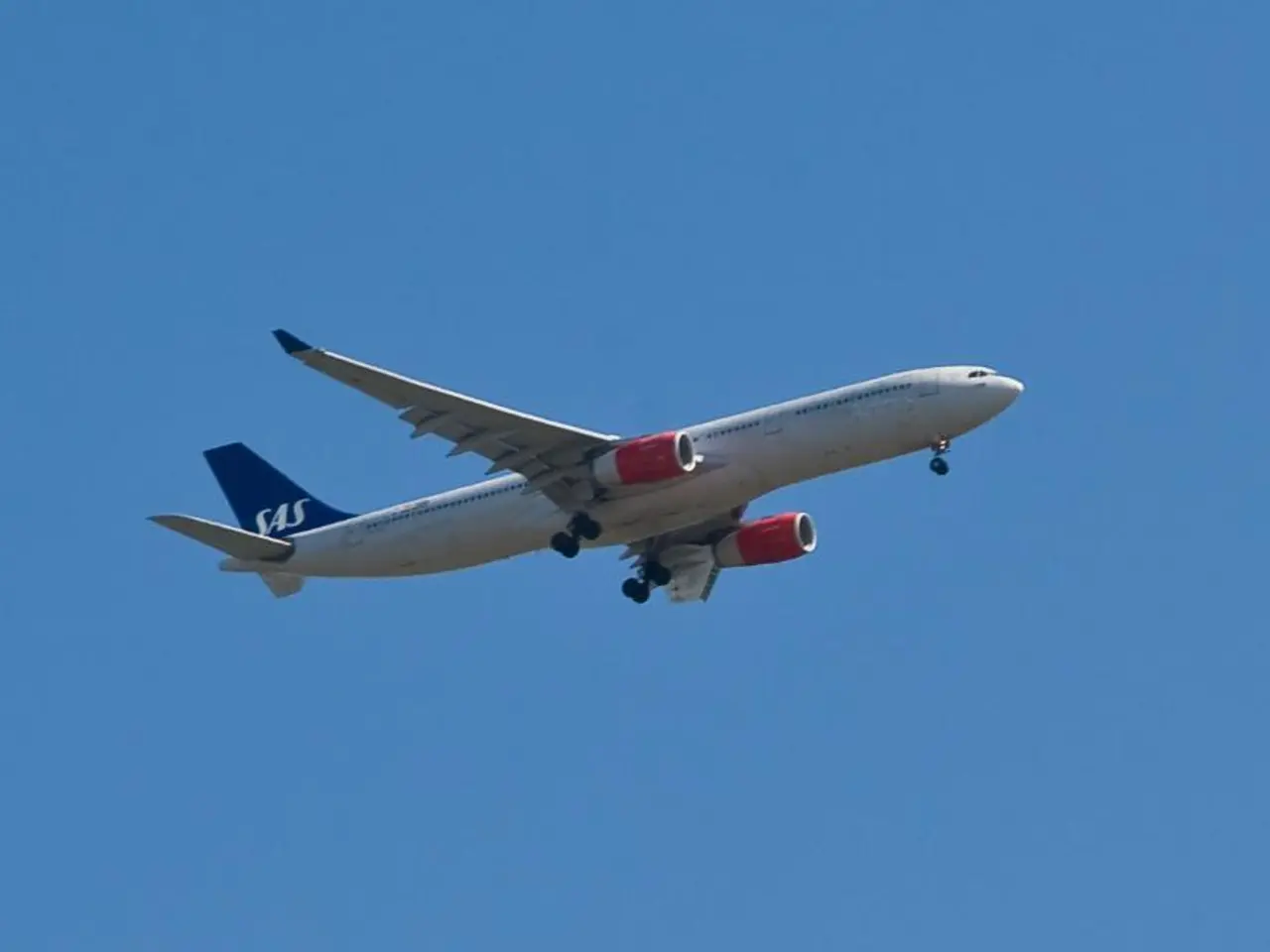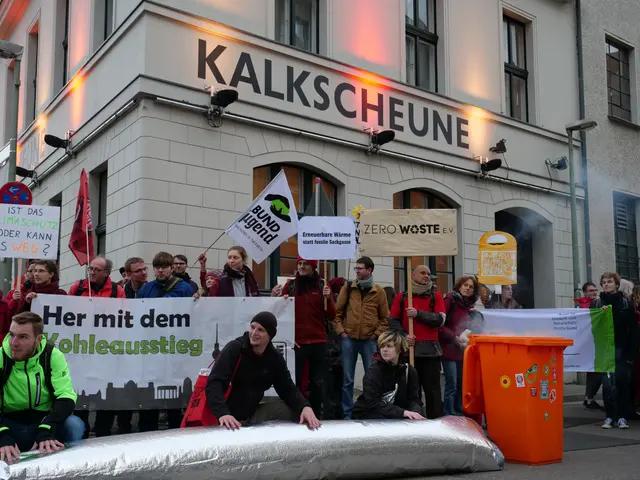Military Announcement: Capable B-21 Bombers May Engage in Combat Operations, Northrop Grumman Authorized to Increase Production at Plant 42
The United States Air Force is set to ramp up production of the next-generation B-21 Raider, with a focus on leveraging existing infrastructure and partnerships with key suppliers. The 2026 budget request for the B-21 totals $10.3 billion, with $4.5 billion earmarked for expanded manufacturing.
The expansion of B-21 Raider production will be accommodated primarily within Northrop Grumman’s existing Plant 42 facility in Palmdale, California, and also at some Tier 1 supplier locations. These include BAE Systems, Collins Aerospace, GKN Aerospace, Spirit AeroSystems, and Pratt & Whitney, the engine manufacturer.
The Air Force and Congress expect this approach to maintain stable and efficient production while enabling accelerated output to meet operational needs. While Northrop Grumman acknowledged the possibility of further investments to expand capacity beyond current facilities, the immediate planned expansion remains within existing sites to leverage current manufacturing capabilities.
The Air Force's target for B-21 production is at least 100 aircraft, with the first operational aircraft anticipated in the early 2030s. The production rate of the B-21 is classified, but is believed to be 7-8 aircraft per year.
The B-21 is intended to replace the B-2 and B-1 in the early 2030s. Military construction at Ellsworth Air Force Base, South Dakota, has been underway for three years to prepare for the arrival of the new aircraft, which is planned to be the B-21's first operational base and schoolhouse.
The Air Force and Northrop Grumman have identified several Tier 1 suppliers that will also expand production for the B-21, including Janicki Industries and RTX's Pratt & Whitney division. The specific criteria for determining initial operational capability are classified.
The Air Force is committed to the successful fielding of the B-21 and is investing in the infrastructure necessary to support an increased yearly production capacity. There will be at least two test-configured B-21 aircraft in FY26, and at least two B-21 bombers are expected to be flying in 2026.
However, whether the first two B-21s constitute initial operational capability is still unclear. Air Force Chief of Staff Gen. David W. Goldfein may not be in favor of sharply accelerating the B-21 buy. The Air Force did not specify when it expects to correct the budget document errors.
The Air Force's Reconciliation bill for 2026 includes funding for a B-21 production increase, and the programme is built to produce robust test aircraft that are as close to production configuration as possible. Both the Air Force and the Congress are supporting the expansion of the B-21 production to meet the operational needs and ensure the successful fielding of the next-generation bomber.
- The United States Air Force is set to enhance the production of the B-21 Raider, with a focus on utilizing existing infrastructure and strategic partnerships with key suppliers such as BAE Systems, Collins Aerospace, GKN Aerospace, Spirit AeroSystems, and Pratt & Whitney.
- The expansion of B-21 Raider production will primarily take place within Northrop Grumman’s existing Plant 42 facility in Palmdale, California, and at some Tier 1 supplier locations.
- The Air Force's target for B-21 production is at least 100 aircraft, with the first operational aircraft anticipated in the early 2030s.
- The Air Force and Northrop Grumman have identified several Tier 1 suppliers that will also expand production for the B-21, including Janicki Industries and RTX's Pratt & Whitney division.
- The Air Force is committed to the successful fielding of the B-21 and is investing in the necessary infrastructure to support an increased yearly production capacity.
- The Air Force and the Congress are supporting the expansion of the B-21 production to meet the operational needs and ensure the successful fielding of the next-generation bomber, with both entities acknowledging the significance of the aerospace industry, finance, and military security in this endeavor.








